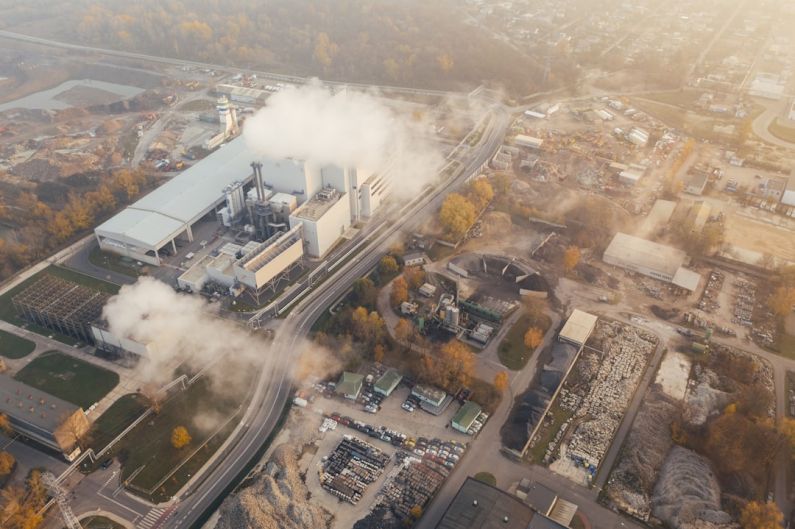Creating a Carpool Network to Reduce Emissions
Transportation is a major contributor to greenhouse gas emissions, which are a leading cause of climate change. One effective way to combat this issue is by encouraging carpooling. Carpooling not only reduces emissions but also helps to alleviate traffic congestion and save money on fuel costs. In this article, we will explore the benefits of creating a carpool network and discuss how individuals and communities can work together to establish such a system.
Why Carpooling Matters
Carpooling is a simple yet impactful solution to reducing emissions from transportation. According to the Environmental Protection Agency (EPA), the average passenger vehicle emits approximately 4.6 metric tons of carbon dioxide each year. By sharing rides and having fewer cars on the road, carpooling can significantly decrease the amount of emissions released into the atmosphere.
In addition to its environmental benefits, carpooling also offers several advantages for individuals. Sharing a ride with others allows for a more enjoyable commute, as passengers can socialize, read, or even work while someone else takes the wheel. Furthermore, carpooling reduces the stress of driving, allowing individuals to arrive at their destinations feeling refreshed and ready for the day ahead.
Establishing a Carpool Network
Creating a carpool network requires collaboration and coordination among individuals, businesses, and local communities. Here are several steps to consider when setting up a carpool network:
1. Identify Potential Participants: Reach out to individuals who work or live in the same area and have similar commuting schedules. Utilize social media, bulletin boards, or workplace announcements to find interested carpoolers.
2. Establish Communication Channels: Set up a platform for participants to connect and communicate. This can be a dedicated website, a mobile app, or a group chat. Make sure the platform is user-friendly and accessible to everyone.
3. Define Rules and Guidelines: Establish clear guidelines for how the carpool network will operate. This includes determining the pickup and drop-off locations, setting expectations for punctuality, and establishing a system for sharing fuel costs.
4. Create Incentives: Encourage participation by offering incentives such as preferential parking spots, discounted fuel cards, or rewards for consistent carpooling. These incentives can motivate individuals to join and remain active in the carpool network.
5. Promote the Network: Spread the word about the carpool network through various channels, such as social media, community newsletters, and workplace announcements. Highlight the environmental and personal benefits of carpooling to attract more participants.
6. Monitor and Evaluate: Regularly assess the effectiveness of the carpool network by collecting feedback from participants. Use this information to make improvements and address any issues that arise.
The Impact of a Carpool Network
Implementing a carpool network can have a significant impact on reducing emissions and improving air quality. By sharing rides, participants can collectively reduce the number of vehicles on the road, leading to decreased traffic congestion and shorter commute times. Additionally, carpooling reduces fuel consumption, resulting in cost savings for individuals and a decrease in overall fuel demand.
Moreover, a carpool network fosters a sense of community and encourages social interaction. Participants have the opportunity to build relationships, share experiences, and contribute to a more sustainable future together. By working together to reduce emissions, individuals can make a tangible difference in combating climate change and creating a healthier environment for future generations.
In conclusion, creating a carpool network is a practical and effective way to reduce emissions from transportation. By encouraging individuals to share rides and establish a system of coordination, communities can make a significant impact on reducing greenhouse gas emissions. Carpooling not only benefits the environment but also offers advantages for individuals, such as cost savings and a more enjoyable commute. By taking action today, we can build a more sustainable future and drive towards a cleaner, greener tomorrow.






